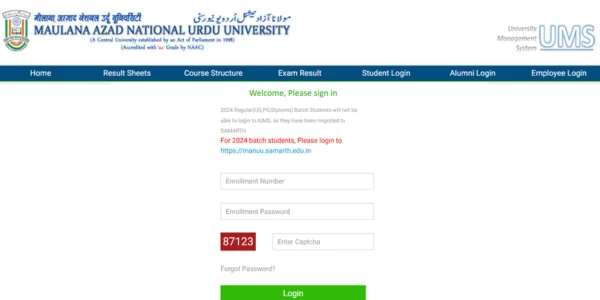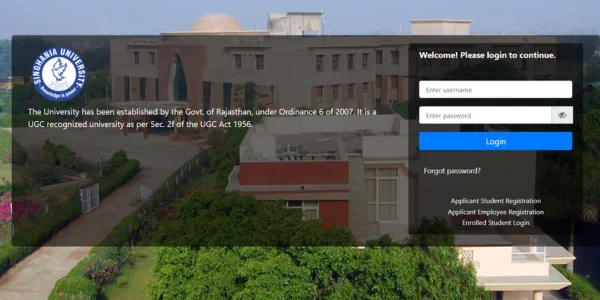The full form of CAM Course is Computer-Aided Manufacturing. This course focuses on the use of computer software and automated machinery to enhance manufacturing processes. It integrates computer technology with manufacturing operations, improving precision, efficiency, and productivity in various industries, including automotive, aerospace, and electronics.
Course Structure and Duration
The Computer-Aided Manufacturing course is available at diploma, undergraduate, and postgraduate levels. The duration of the course varies based on the level of study:
- Diploma in Computer-Aided Manufacturing – 1 to 2 years
- Bachelor’s Degree in Computer-Aided Manufacturing – 3 to 4 years
- Master’s Degree in Computer-Aided Manufacturing – 2 years
The course includes theoretical and practical learning, ensuring students gain hands-on experience with CAM software and automated machinery.
Eligibility Criteria
Eligibility requirements for the Computer-Aided Manufacturing course depend on the program level:
- Diploma Course – Candidates must have completed 10th or 12th grade with Science and Mathematics.
- Bachelor’s Degree – Candidates must have completed 12th grade with Physics, Chemistry, and Mathematics from a recognized board.
- Master’s Degree – Candidates must have a bachelor’s degree in engineering or a related field.
Some institutions may conduct entrance exams for admission to undergraduate and postgraduate programs.
Subjects and Curriculum
The Computer-Aided Manufacturing course includes a variety of subjects that focus on manufacturing technologies, automation, and computer applications. Key subjects include:
- Computer-Aided Design (CAD)
- Numerical Control (NC) and Computer Numerical Control (CNC) Machines
- Robotics and Automation
- Manufacturing Processes
- Material Science
- Simulation and Modeling
- Production Planning and Control
The curriculum is designed to provide students with the technical knowledge and skills required in modern manufacturing industries.
Career Opportunities
Graduates of the Computer-Aided Manufacturing course have diverse career opportunities in various industries. Some job roles include:
- CAM Engineer
- CNC Programmer
- Manufacturing Engineer
- Robotics Engineer
- Production Manager
- Automation Specialist
Companies in the automotive, aerospace, and industrial manufacturing sectors actively seek professionals with expertise in Computer-Aided Manufacturing.
Conclusion
The Computer-Aided Manufacturing course is a valuable program for students interested in the intersection of technology and manufacturing. It provides specialized knowledge in automated production systems, improving efficiency and innovation in industrial processes. With increasing demand for automation and precision in manufacturing, CAM professionals have excellent career prospects in various industries.




